WASHINGTON, April 5, 2010 - Discussing the spirit of U.S. Transportation Command's support for earthquake relief and rebuilding in Haiti, Air Force Gen. Duncan J. McNabb said nothing sums it up quite as poignantly as the story of Army Lt. Col. Ralph Riddle.
McNabb, the commander of Transcom, was traveling in Afghanistan, assessing transportation and delivery routes in support of the surge under way there, when a devastating earthquake struck Haiti on Jan. 12. The general credited his entire command with jumping into high gear to be prepared to respond immediately to the crisis when the orders came down through the chain of command.
But, it was an unexpected call from Riddle, commander of the 832nd Transportation Battalion, that McNabb said best exemplified Transcom's can-do spirit.
Riddle, whose unit is trained to conduct seaport operations, knew when the earthquake struck that U.S. Southern Command would have more pressing demands than its planned military exercise. That, he reasoned, freed up the utility landing craft on loan to Southcom for the exercise.
So Riddle went to Cape Canaveral, Fla., where the utility craft were located, and loaded them with humanitarian aid and equipment needed to open the port in Haiti's crippled capital.
"I remember getting a call asking for permission for him to sail to Port-au-Prince, and I asked, 'What ship is he using''" McNabb recalled during an interview last week with the Pentagon Channel and American Forces Press Service.
When McNabb learned of the landing craft - referred to as LCUs - and that they were ready to go on his command, he issued the order: "Send Lieutenant Colonel Riddle to sea!"
Riddle and his team - 16 of his unit members, augmented by commercial stevedores and their equipment, arrived in Port-au-Prince three days later.
"We hit the ground running," Riddle said.
The team, the leading edge of Joint Task Force Port Opening, quickly set about getting port repairs under way so it could receive ships that soon began arriving with desperately needed humanitarian supplies.
But to support immediate requirements, they used the LCUs to shuttle out to arriving cargo ships and deliver their goods ashore.
"That's the spirit you find across our military," McNabb said. "You just unleash them, and they just go and get 'er done!"
McNabb described the magnitude of Transcom's support in Haiti during a March 17 hearing of the House Armed Services Committee.
"It was our air and seaport assessment teams and joint port-opening units on the ground at Port-au-Prince within 48 hours after the earthquake surveying the damage, and building the air and sea bridges of humanitarian supplies and personnel that helped save a country and its people," he told the panel.
"It was our air crews, our maintainers and aerial porters who flew over 2,000 sorties, moved 28,000 people, including 404 adoptees and delivered almost 13,000 tons of critical supplies and material by air," he continued. "It was our medical crews, critical-care teams and our global patient movement center which transported and helped save 341 critically injured Haitians by getting them to the care they needed to save life or limb."
Meanwhile, merchant mariners and commercial and military partners operating under Transcom provided more than 400,000 tons of life-saving cargo, more than 2.7 million meals and more than 5 million liters of water to Haitians in need, McNabb noted. "And we're not done yet," he said.
Defense Secretary Robert M. Gates recognized Transcom's role in the earthquake response while also supporting combat missions in Iraq and Afghanistan during a ceremony last week at the command's headquarters at Scott Air Force Base, Ill.
Gates presented Transcom the prestigious Joint Meritorious Unit Award in recognition of its Herculean task of moving more than 5 million passengers, 25,000 patients and 7.5 million short tons of supplies in support of these global missions.
The award recognizes the key role the command and its components - Air Mobility Command, Military Sealift Command and the Military Surface Deployment and Distribution Command - have played in a largely behind-the-scenes support mission.
Gates noted while visiting Transcom that the Joint Meritorious Service Award was the first he has issued personally as defense secretary.
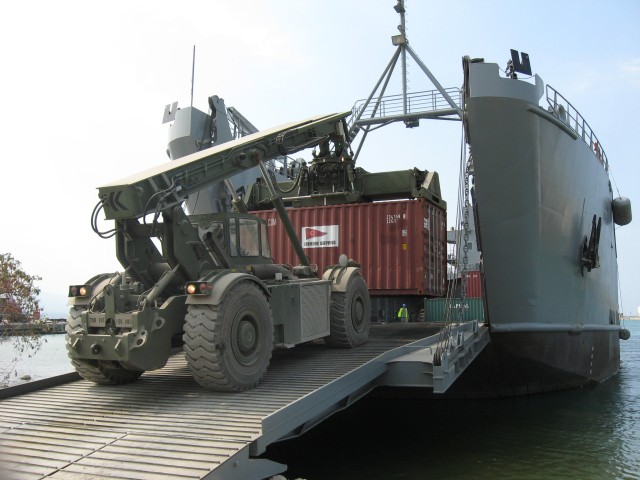
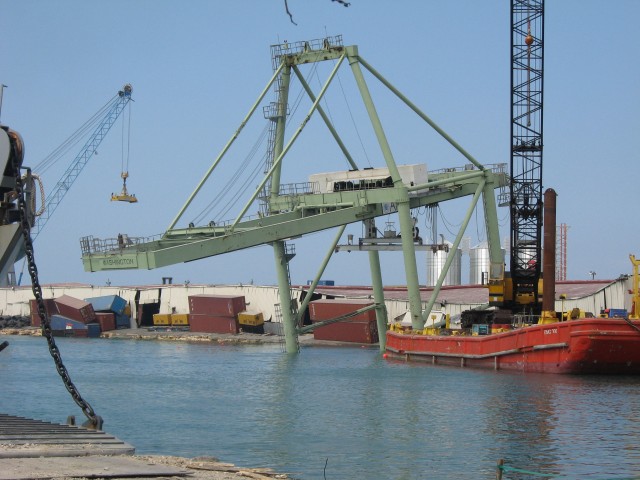
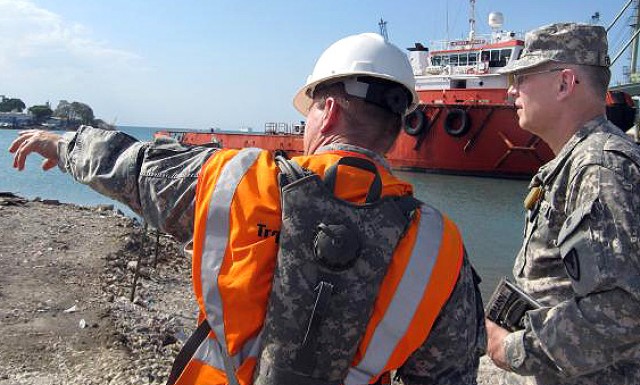
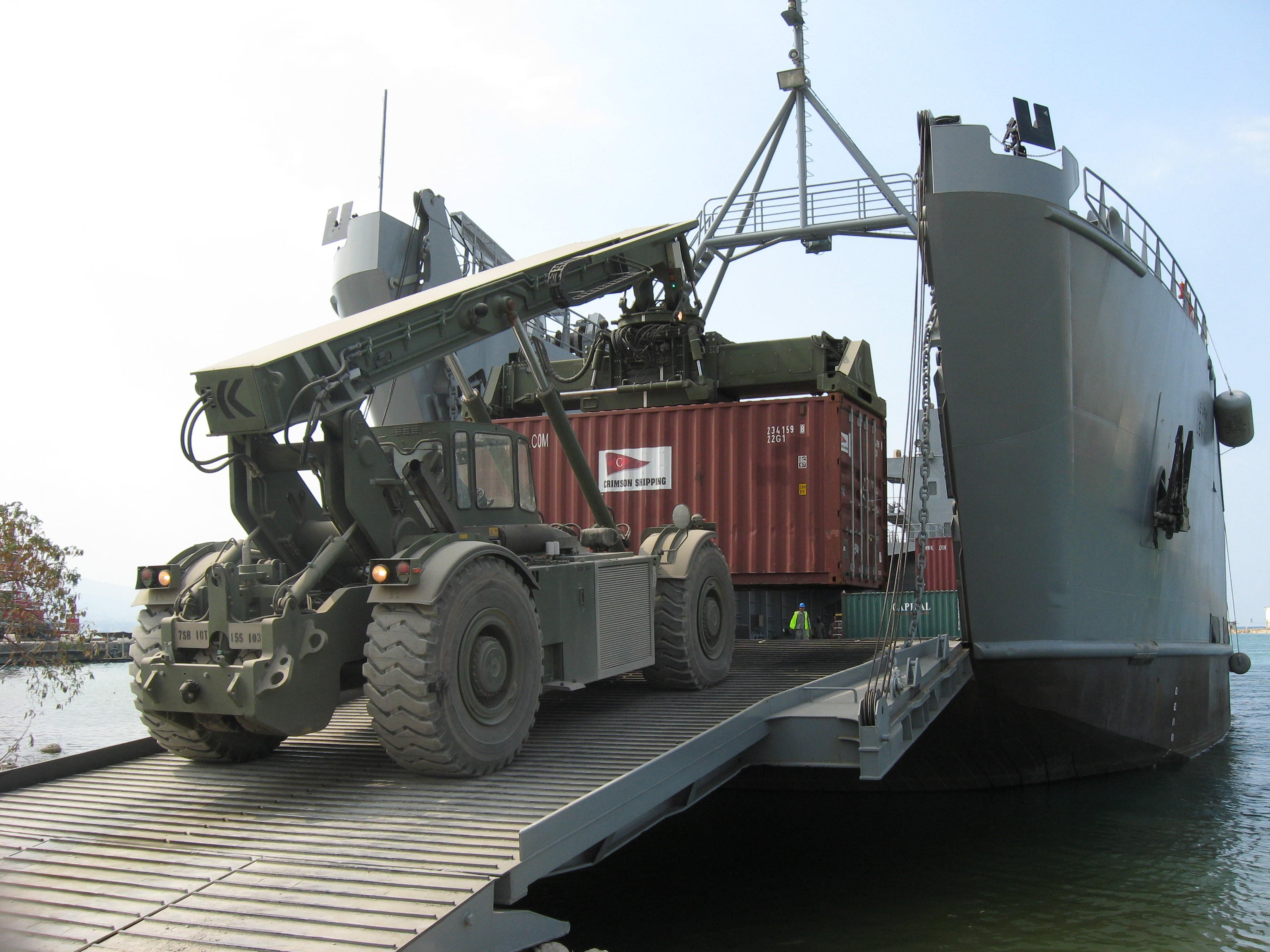
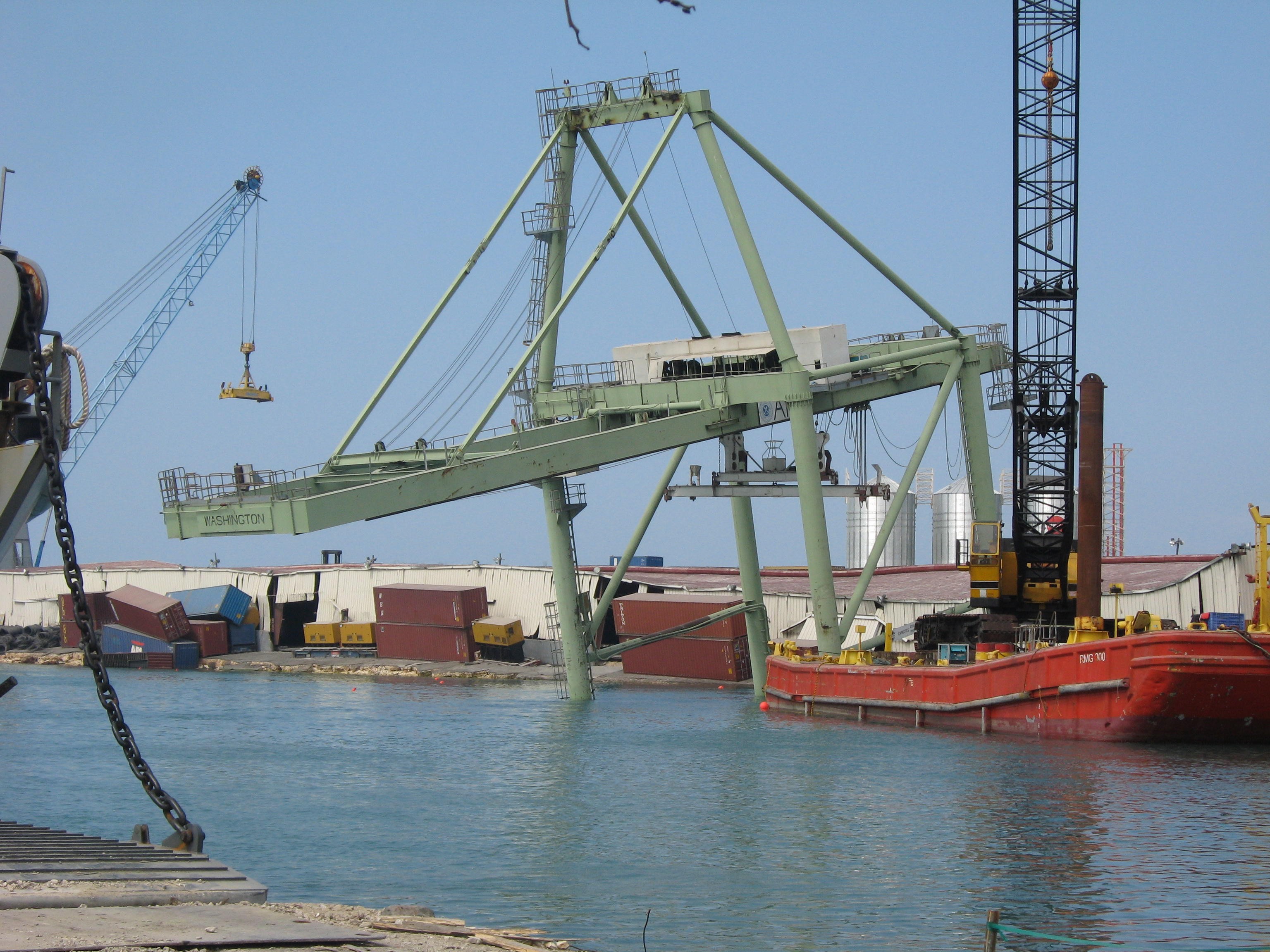
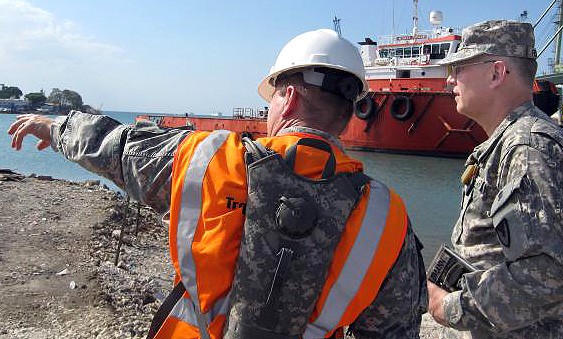
Social Sharing